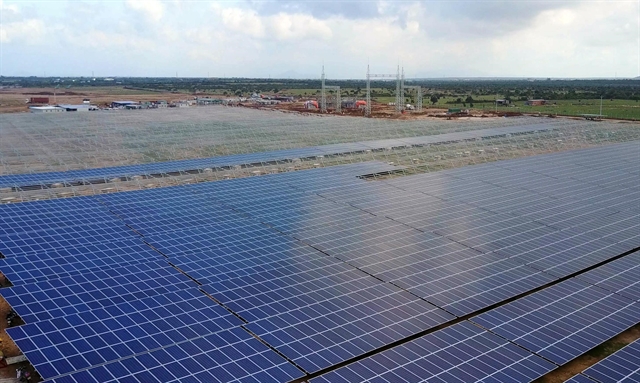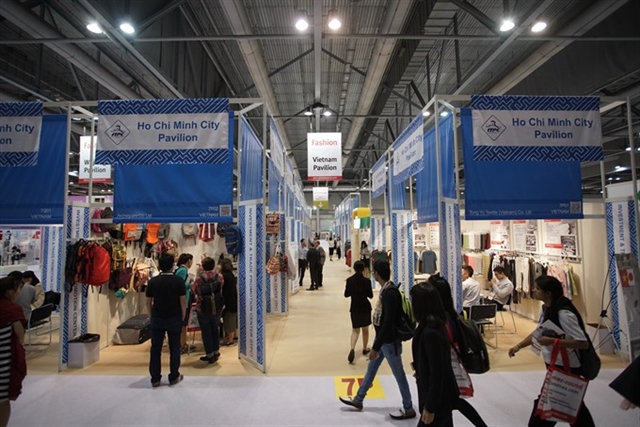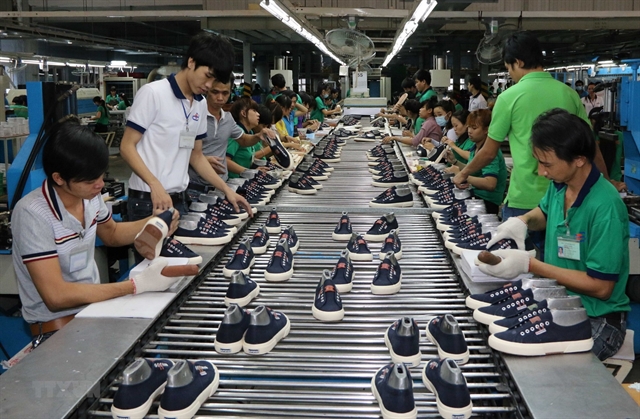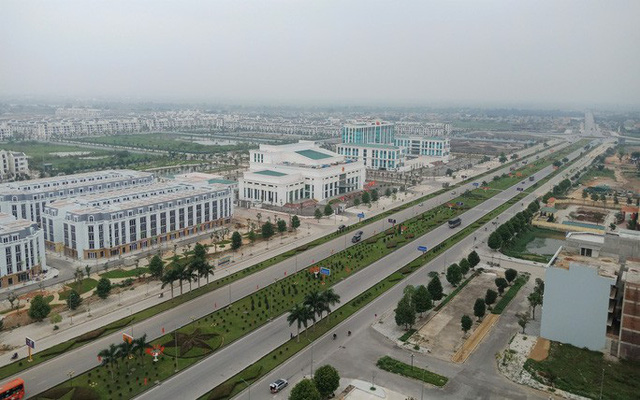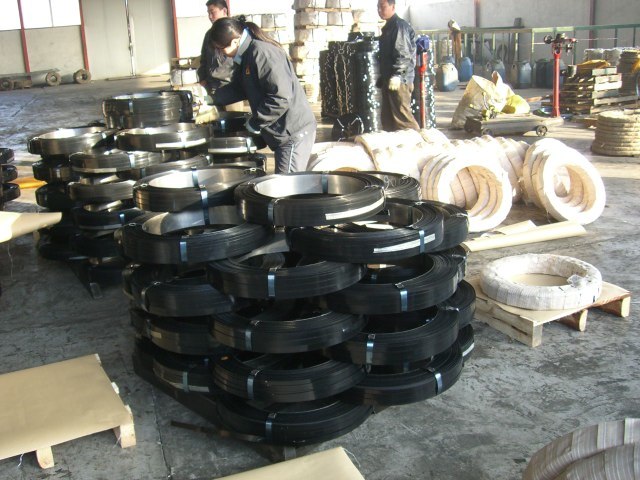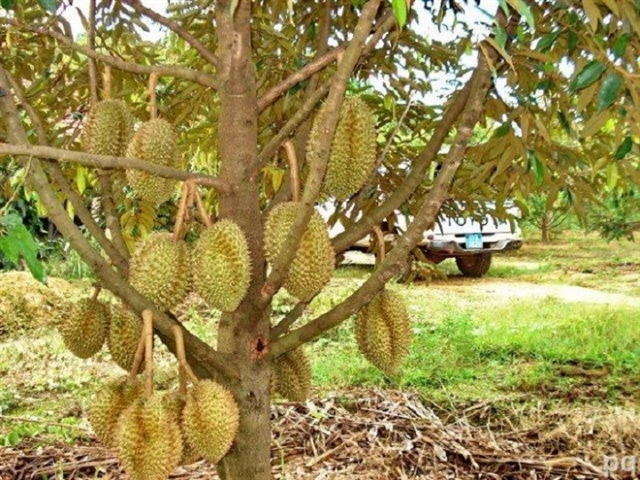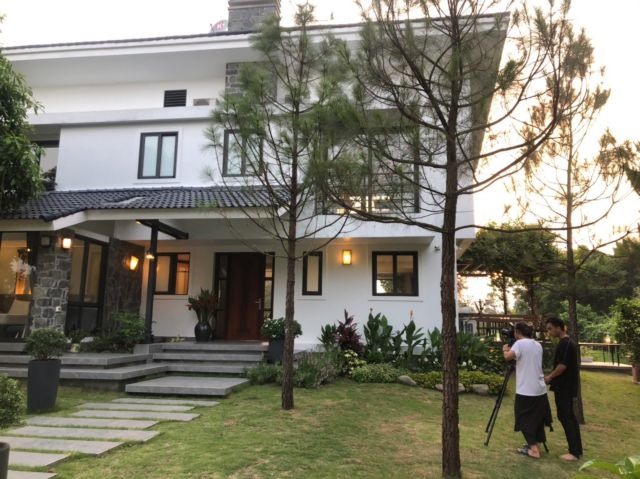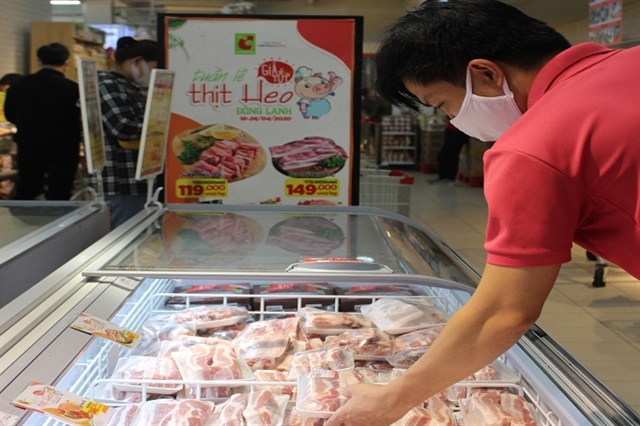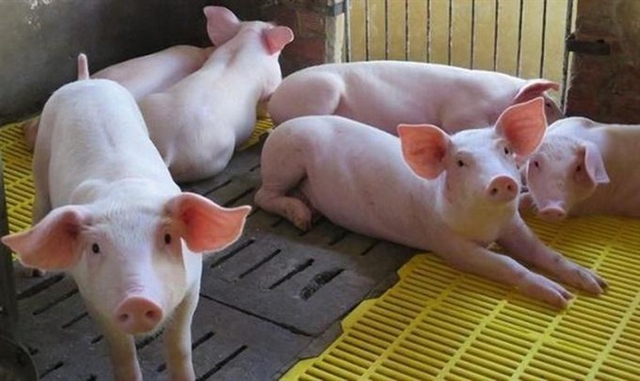
HÀ NỘI — The Ministry of Agriculture and Rural Development (MARD) has permitted the import of live pigs from Thailand for farming and slaughter from Friday.
This is the first time Việt Nam has given the green light to the import of live pigs, in a bid to counter skyrocketing live hog prices in the domestic market.
In a document sent on Thursday, the ministry assigned its Department of Animal Health to issue detailed guidance on sanitary measures for the imported pigs in line with existing regulations to prevent animal disease and ensure the safety of domestic herds.
The department’s director is also responsible for boosting its coordination with inter-sectoral agencies at ports of entry and local authorities to strictly manage the imports.
Now, there are eight Thai businesses with eligible farms to register exports of their pigs to Việt Nam, according to MARD. The number of eligible Thai businesses exporting pigs to Việt Nam could increase if Việt Nam has higher demand for live pigs for slaughter.
Prices of live pigs this morning nationwide continue on a downward trend. They dropped by VNĐ1,000-3,000 per kilo on the domestic market compared to prices on Thursday. The lowest price on the market this morning was VNĐ85,000 (US$3.7) per kilo.
Specifically, the prices in the northern region fell by VNĐ2,000-3,000 per kilo to about VNĐ88,000-97,000.
In the Central and Central Highlands markets, those prices were unchanged this morning at between VNĐ85,000 and VNĐ94,000 per kilo.
Meanwhile, those prices in the southern provinces dropped by VNĐ1,000-3,000 per kilo to between VNĐ86,000-94,000, reported the Đời sống Việt Nam (Việt Nam Life) newspaper.
Việt Nam is importing pork to increase supply for the domestic market with a target of reducing pork prices on the market that have surged over a long time to a record high level and even up to VNĐ103,000 per kilo last week.
However, the ministry said at present, pork imports are facing difficulties due to low supply on the global market during the COVID-19 pandemic, leading to unaffordable prices.
The rising price of pork has been directly affecting the consumer price index (CPI) because the pork price accounts for 70 per cent of consumers’ food costs.
MARD said in the first five months of this year, Việt Nam imported about 67,638 tonnes of pork, an increase of 298 per cent compared to the same period in 2019, mainly from Canada, Germany, Poland, Brazil, the US, Spain and Russia.
Việt Nam has imported more than 7,700 piglets, an increase of more than 300 per cent year on year. — VNS
.JPG)

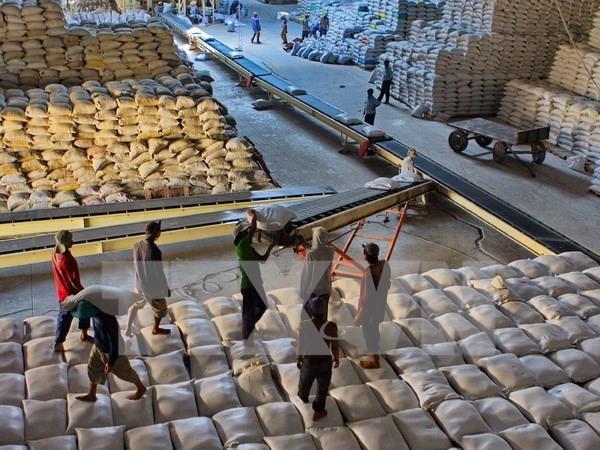
.jpg)

